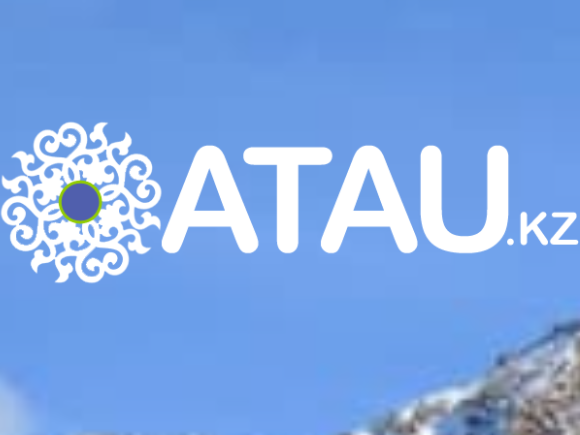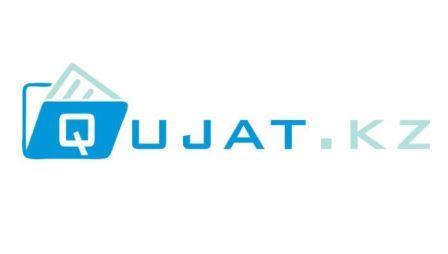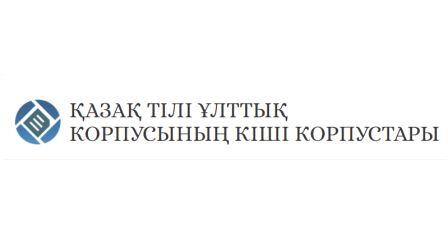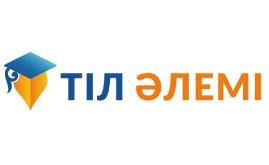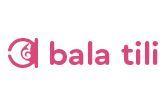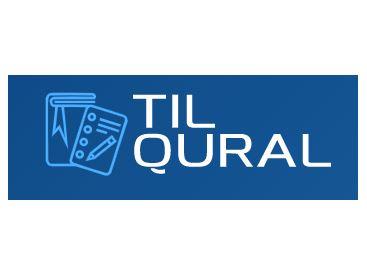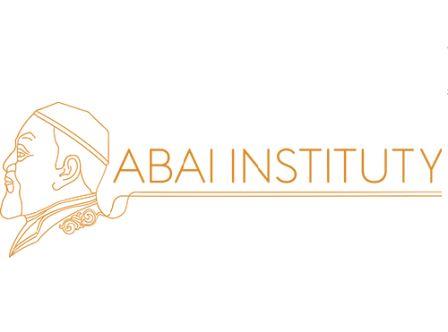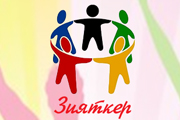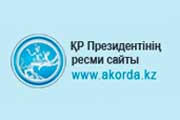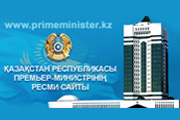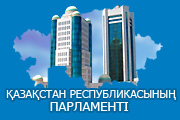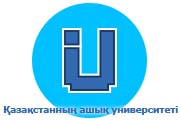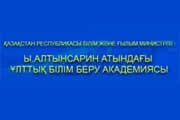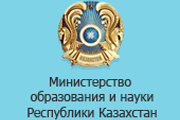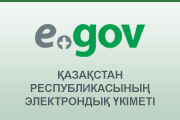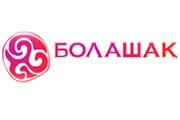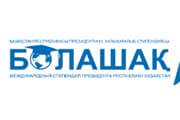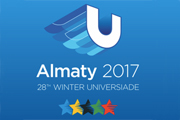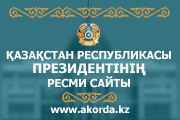Practice bases and employment
Practice bases and employment
The Department of Kazakh language and literature prepares doctoral students on the basis of educational programs 6b01701 "training of a teacher of Kazakh language and literature", 6b01704 "training of a teacher of Kazakh language and literature in schools with non-Kazakh language of instruction", 6b01706 "training of a teacher of Uzbek language and literature", 6b02302-Philology", 7m01701"training of a teacher of Kazakh language and literature", 7D01701"training of a teacher of Kazakh language and literature". The educational programs are based on the national model of education aimed at training a specialist of a new society who possesses Eurasian multiculturalism, communication skills, is able to creatively and professionally solve socially significant tasks in the field of pedagogical activity at the modern scientific and practical level. The department trains competitive specialists with general cultural and professional competencies in accordance with the requirements of the national qualifications system and the labor market.
Since the Bachelor of Education according to the educational program developed by the department carries out his professional activity in the field of education, professional practice is organized on the basis of organizations of general education (basic secondary, general secondary) and technical and vocational education. In accordance with the specifics of the educational program, educational, language, pedagogical and pre-graduate practices are planned in the educational program.
Types, goals and objectives of professional practice
1. Educational practice is carried out by organizing in educational institutions and classrooms belonging to the department, libraries of the educational institution, which lasts two weeks.
The goal is to get acquainted with the education system, the work of a teacher in an educational institution, and the accumulated experience. And also get acquainted with the internal regulations, conditions, customs of educational, health or other educational institutions.
Task:
familiarization with the scientific foundations of the organization of professional pedagogical activity;
familiarization with the standard rules of activity of educational organizations by levels of education;
familiarization with the main tasks of educational institutions;
familiarization with the order of the school's activities;
familiarization with the educational process in an educational institution;
familiarization with the documents belonging to the subject teacher and the class teacher;
planning and organization of educational work, control over the characteristic features of working with children;
involvement of students in research work.
Learning result:
He gets acquainted with the activities of the education system, with its features and learns to distinguish.
Knows the subtleties of the activities of a secondary school.
Gets acquainted with documents related to the educational process in an educational institution.
Gets acquainted with the job description of the subject teacher and class teacher.
They will learn how to work with documents under the responsibility of a subject teacher.
They will learn how to work with documents under the responsibility of the class teacher, organize educational work.
2. Language practice is organized for students at the Faculty of Philology. Practice is an important part of the professional educational program for university students. It is an additional form of education that professionally orients students based on the practice base, brings students closer to institutions, organizations, and prepares them for their future profession.
Language practice is one of the activities provided by the educational program. Here students work with dictionaries aimed at revealing the semantics of terms related to the educational program, with texts based on the formation of communication skills (listening, pronunciation, communication, writing) and hone their translation skills. Properly organized practice eliminates the gap between academic knowledge and practical activity. During the course of language practice, the student develops general cultural and professional competencies, develops professional thinking skills.
The purpose of language practice is the development of oral and written vocabulary of students, the formation of business and friendly communication skills, communication skills with native speakers.
Task:
formation of system knowledge on linguistic terms;
improving the communication culture of students as subjects of intercultural interaction;
formation of the student's skills in the implementation of oral and written speech communication;
formation of communicative and intercultural competence of future students on the basis of four types of speech activity (speech, reading and writing);
creation of a theoretical and cognitive base for the development of intercultural communication skills in the context of future professional activity;
realization of knowledge about the national and cultural identity of verbal and non-verbal means of communication;
formation of verbal and nonverbal behavior of students in communication situations;
to give students an idea of the basic concepts of language communication and speech culture;
consolidation and expansion of theoretical and practical knowledge and qualifications;
formation of skills and abilities of using language units in speech communication in accordance with criteria, including spelling, orthoepic, lexical and grammatical norms;
familiarization of students with the theoretical foundations of written and oral translation;
consolidation and expansion of theoretical and practical knowledge and qualifications;
formation of practical skills and abilities in the field of language communication;
consolidation and expansion of special vocabulary translation skills.
Language practice is organized in libraries, reading rooms of the city, educational institution or in special classrooms belonging to the department.
Learning outcomes:
Compares the national and cultural characteristics of the languages being studied.
Analyzes the linguistic features of linguistic concepts, oral and written, official and informal words.
Defines the origin of terms in linguistics.
He knows the technique of translation based on language material.
Analyzes the text from a linguistic point of view.
From a scientific point of view, he presents his thoughts on terms and concepts related to linguistics.
3. Pedagogical practice
In the system of professional training of pedagogical personnel, pedagogical practice plays an important role.
Pedagogical practice is carried out in 2, 3, 4 courses. To pass pedagogical practice, students are sent to organizations of general education (institutions of basic secondary, general secondary, special education), technical and vocational education.
A 2-week pedagogical practice organized in the 2nd year is called psychological and pedagogical practice, and a 4-week practice in the 3rd year is called educational, pedagogical practice, and pedagogical practice in the 4th year lasts 12 weeks, for students writing a thesis -8 weeks.
The purpose of pedagogical practice is to consolidate and deepen knowledge in general scientific, cultural, psychological, pedagogical, methodological and special disciplines, the formation of pedagogical skills, skills and competencies based on theoretical knowledge.
The main tasks of pedagogical practice:
mastering the initial practice of pedagogical activity;
knowledge of teaching and learning methods;
familiarization with the methodological foundations of pedagogical skills;
instilling skills and abilities of independent conduct of educational and teaching work;
formation of scientific, psychological and pedagogical research skills;
master the methodology of educational work;
knowledge of innovative learning technologies;
implementation of an individual approach to students in the process of educational and educational work, taking into account the peculiarities of their development.
teaching future bachelors effective ways of applying innovative, interactive methods of teaching the Kazakh language and literature (mastering students' knowledge, skills, and quality control of education, analyzing the results of education and finding ways to improve it);
to show differentiated goals, ways of determining the expected result and to master the methods and techniques of criteria-based assessment arising from the learning objectives of the updated curriculum.
Psychological and pedagogical practice, organized in the 2nd year, is aimed at pedagogical and psychological training of future teachers in accordance with their profession, profession, solving important pedagogical tasks as a type of practical activity of students and lasts two weeks. Students are evaluated for the first week of performing pedagogical tasks, for the second week of performing psychological tasks.
The base of psychological and pedagogical practice includes: 1) preschool organizations; 2) organizations of general education (basic secondary, general secondary).
Psychological and pedagogical practice sets itself the following tasks::
- familiarization with the main works of the school or educational institution;
- acquaintance with the class teacher, class team and analysis of it;
- to conduct research work of the class team, to give a characteristic;
- participation and analysis of classroom hours and extracurricular activities;
- control over the organization of the class hour;
-study of ways to characterize a class, an individual student.
A 4-week educational pedagogical practice, organized in the 3rd year, is aimed at occupying the position of a subject teacher, a class teacher. In accordance with the working curriculum of the educational program, depending on the subjects studied, the intern is assigned grades 5-7 of secondary schools, i.e. Kazakh language and literature are taught in a dedicated classroom and accompanied by classroom management activities.











